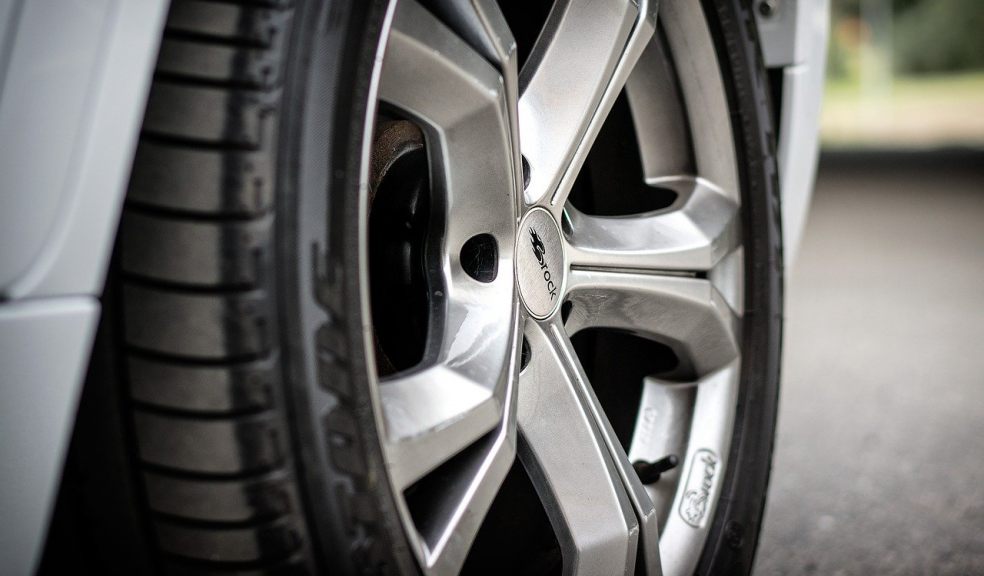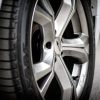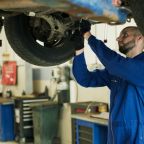
All you need to know about tyres and ride quality
When you think about how smoothly a car drives, you often think about the power in the engine and the responsiveness of the steering, with the tyres being thought of as something of an extra, necessary but not all that important.
This notion could not be more incorrect!
It is the quality, size and condition of your tyres that make driving a quiet, safe pleasure – or not. Let us have a look at the tyres needed for safe and smooth driving joy.
Old Problems
Older, more worn tyres can not only become unsafe, losing their previously tight grip and threatening to slip on wet or poor quality surfaces but they can also become more noisy, as vibrations and rattles increase too. It is impossible to overstate the irritation – and not to mention the headaches – that can be engendered by noisy tyres! It is relatively low level (and yet, getting louder and louder as the tyre quality declines. Tyres in Kent are readily available for excellent prices, so do not delay in replacing yours if they begin to detract from the enjoyment you get from driving about. You can increase your driving comfort with buying new car tyres online only at Dartford Tyres Branch, Kent.
Size Problems
It can be tempting to fit large tyres to your vehicle, to raise its profile and give it a tough, 'monster truck' look, but this will not make your drives any more comfortable. In fact, smaller tyres offer a smoother ride, and having a lower profile sidewall makes your vehicle more responsive, so by opting for smaller tyres, Kent roads will seem even nicer than usual – even potholed roads feel smoother with smaller low-profile tyres!
Condition Problems
When choosing new tyres in Kent, think about the roads that you will be driving on, before you choose your next set of tyres. Harder tyres will last a long time and will cope better on rough and off-road conditions, but they do provide a bumpier ride at the same time, with the rigidity feeding through the chassis and into your seat. Softer material tyres may not last quite so well in rough conditions, but they perform better in most weathers, including snow and rain, and they get a better grip on the road too.
Having taken into account all of the above, it is always best to choose the tyres that are recommended for your vehicle, according to the manufacturer's specifications. Your car has been designed to work to its best capabilities with the right size and profile of tyres fitted: give it the best chance to work well for you.



















